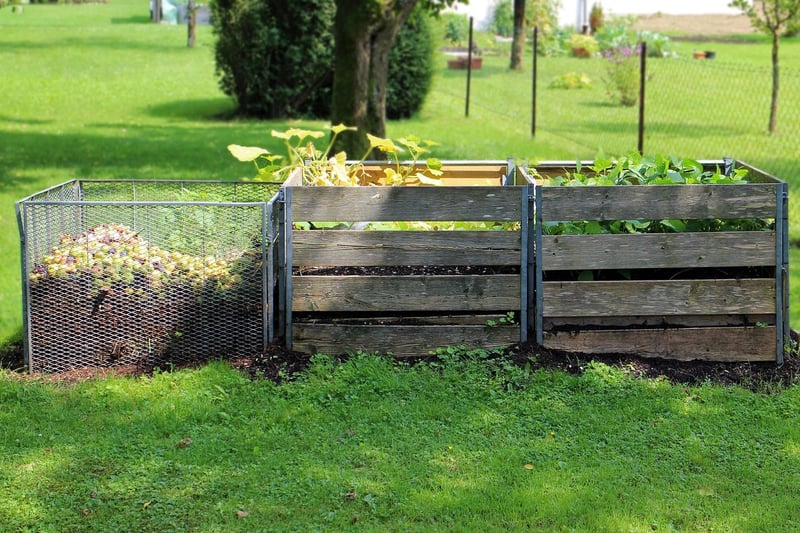Eco-friendly Practices
Turn Your Food Waste into Garden Gold + Eco-friendly Practices

Are you looking for ways to reduce your environmental impact and create nutrient-rich soil for your garden? One simple and effective solution is to turn your food waste into garden gold through composting. Not only does composting divert organic waste from landfills, but it also produces a valuable resource that can improve the health of your plants and reduce the need for chemical fertilizers.
Why Compost?
Composting is a natural process that transforms organic matter like food scraps, yard waste, and coffee grounds into a dark, crumbly soil amendment known as compost. This nutrient-rich material helps improve soil structure, retains moisture, and provides essential nutrients for plant growth.
Getting Started with Composting
Here are some simple steps to start composting at home:
- Choose a compost bin or site in your backyard.
- Collect kitchen scraps like fruit and vegetable peels, coffee grounds, and eggshells.
- Add yard waste such as leaves, grass clippings, and small twigs.
- Layer brown materials like newspaper or cardboard with green materials like food scraps.
- Keep the compost moist and aerated by turning it regularly.
- Wait for the magic of decomposition to turn your waste into nutrient-rich compost.
Eco-friendly Practices in the Garden
In addition to composting, there are several eco-friendly practices you can adopt in your garden to minimize your environmental impact:
- Conserve water by using a drip irrigation system or watering early in the morning.
- Avoid chemical pesticides and fertilizers by opting for organic alternatives.
- Plant native species that are well-adapted to your local climate and require less maintenance.
- Encourage beneficial insects like ladybugs and bees by planting pollinator-friendly flowers.
- Use mulch to suppress weeds, retain moisture, and improve soil health.
By incorporating these eco-friendly practices into your gardening routine and turning your food waste into compost, you can create a more sustainable and productive garden while reducing your carbon footprint. Let's work together to protect the planet and promote a greener future!

